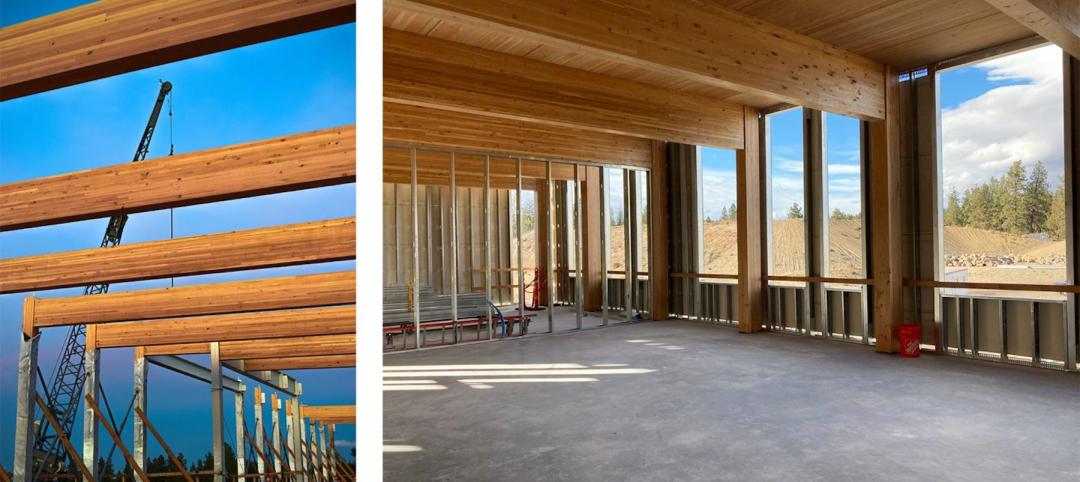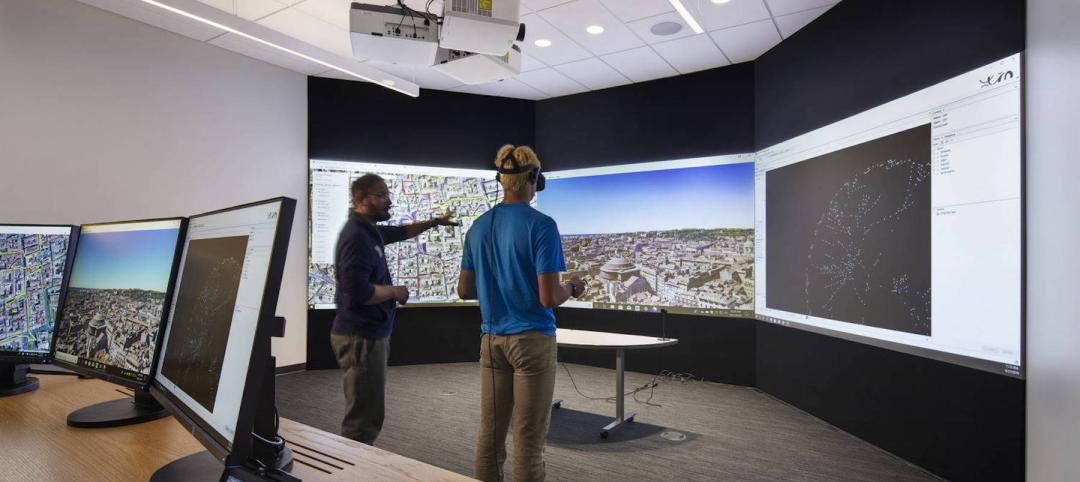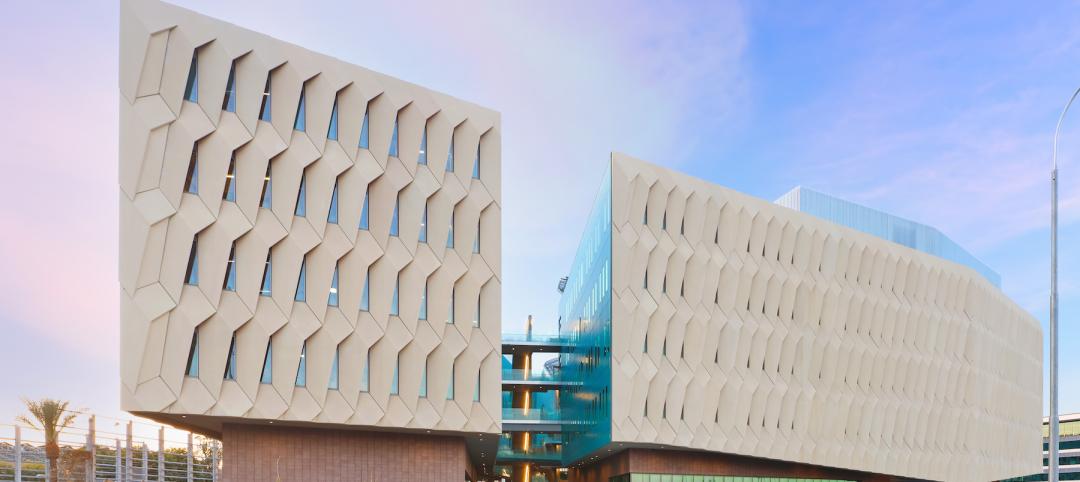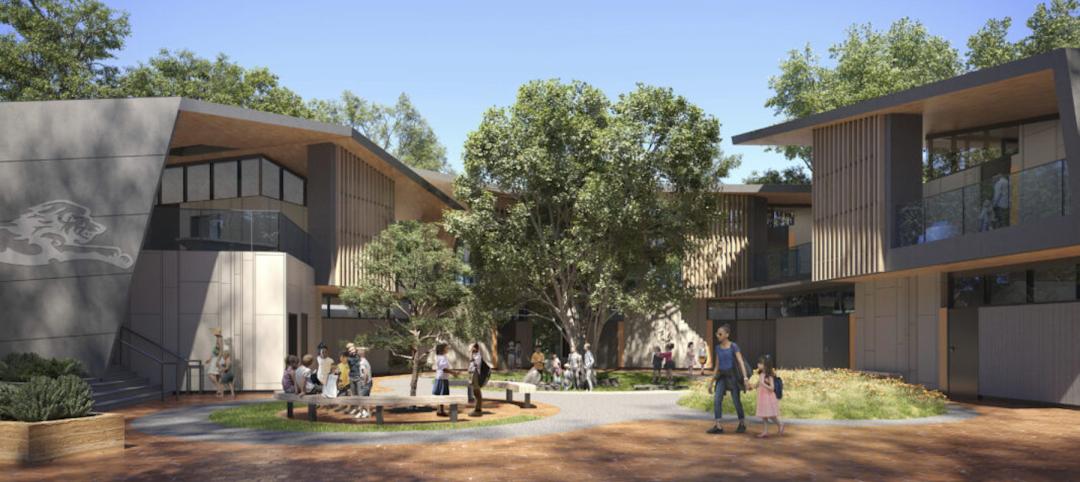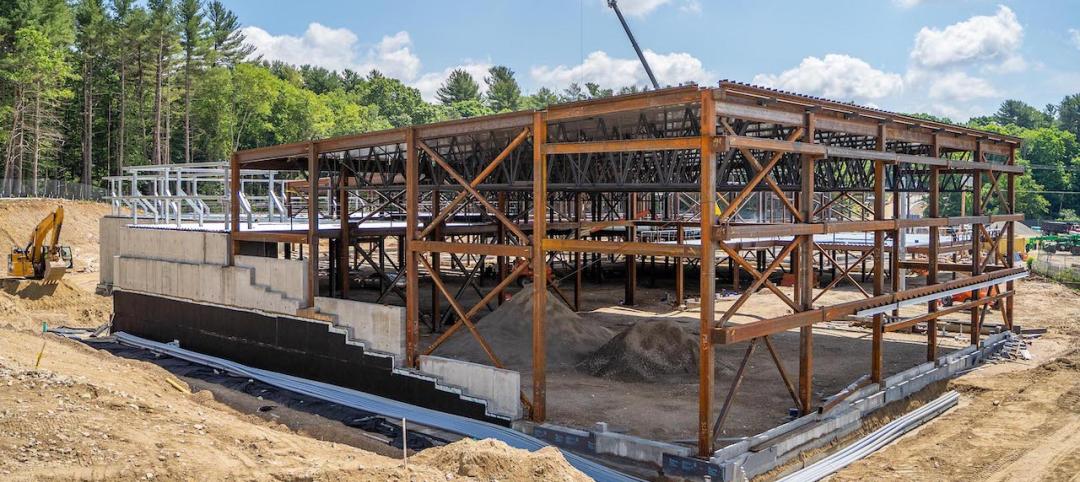Perkins Eastman and BLT Architects (BLTa) have recently announced their merger, effective February 1, 2022.
Perkins Eastman, which now has 1,100+ employees in 24 studios worldwide, has worked on projects on five continents in 60 countries. Its award-winning portfolio reflects expertise in healthcare, senior living, large-scale mixed use, higher education, K-12, hospitality, and workplace design as well as planning, urban design, and strategic consulting. BLTa, now known as “BLTa—A Perkins Eastman Studio,” has built an exceptionally strong integrated architecture and interior design firm of 41 professionals with deep roots in Philadelphia. With a studio in Pittsburgh for the last 27 years, Perkins Eastman has built a strong presence throughout Pennsylvania, especially in Western Pennsylvania. The addition of the BLTa studio strengthens the firm’s presence in the eastern part of the state as well. In merging with BLTa, Perkins Eastman enhances its expertise in mixed-use, multi-family residential, hospitality, workplace, higher education, historic renovations, adaptive reuse conversions, resorts and gaming, and transit-based projects.
“We are very pleased that BLTa has joined us and we now have a strong partner in Philadelphia. We have had the opportunity to get to know BLTa over the last several years and believe they bring significant skills and experience to our national practice. Moreover, we have always had important clients in Philadelphia, eastern Pennsylvania, and the adjacent states, and with BLTa we can now better serve those that want a combination of our national expertise combined with experienced local delivery and service,” says Brad Perkins, FAIA, chairman and co-founder of Perkins Eastman.
“We are thrilled to be merging with Perkins Eastman,” says Michael L. Prifti, FAIA, managing principal of BLTa, who joined the firm in 1982, back when it was known as Bower Lewis Thrower/Architects. “This union will give us the opportunity to serve our national clients in jurisdictions where we don’t currently practice. Perkins Eastman has new markets we’ve never touched. And with more feet on the ground, we can more easily and geographically serve our clients,” he says. Prifti also notes this merger will give BLTa’s architects and designers opportunities to diversify their projects and continue to grow as professionals.
Recent award-winning properties within the BLTa portfolio include: The Stephen Girard Building, where the firm revealed and preserved elegant design elements, integrating a 236-key Canopy by Hilton hotel within East Market, the one-million sf, ongoing transformation of a three square block area; The Bourse, a 380,000 sf adaptive reuse renovation of the first commodities exchange hall in the United States; and One City, an adaptive reuse project that converted an 1899 Renaissance Revival office building into a market-rate apartment building. Each of these properties won a Grand Jury 2021 Preservation Achievement Award given by the Preservation Alliance for Greater Philadelphia. The Stephen Girard Building and One City also won AIA Philadelphia Awards in the Historic Preservation/Adaptive Reuse Built category, and The Bourse won AIA Pennsylvania’s top prize – a Silver Medal. Hospitality Design magazine named Live! Casino and Hotel Philadelphia among the Best Hotel Openings of 2020. Live! Casino Pittsburgh, another BLTa design, also opened in 2020.
Shawn Basler, co-CEO and executive director of Perkins Eastman, notes that combining Perkins Eastman’s 40 years of global experience with BLTa’s 60 years of local expertise and relationships creates a powerful combination. “They’ll be able to draw on our well-established market credibility and resources, as well as geographic reach, while we’ll be able to tap into their deep knowledge of the Philadelphia metropolitan region along with their considerable expertise.”
Related Stories
| Aug 8, 2022
Mass timber and net zero design for higher education and lab buildings
When sourced from sustainably managed forests, the use of wood as a replacement for concrete and steel on larger scale construction projects has myriad economic and environmental benefits that have been thoroughly outlined in everything from academic journals to the pages of Newsweek.
AEC Tech | Aug 8, 2022
The technology balancing act
As our world reopens from COVID isolation, we are entering back into undefined territory – a form of hybrid existence.
Legislation | Aug 5, 2022
D.C. City Council moves to require net-zero construction by 2026
The Washington, D.C. City Council unanimously passed legislation that would require all new buildings and substantial renovations in D.C. to be net-zero construction by 2026.
Cultural Facilities | Aug 5, 2022
A time and a place: Telling American stories through architecture
As the United States enters the year 2026, it will commence celebrating a cycle of Sestercentennials, or 250th anniversaries, of historic and cultural events across the land.
Sponsored | | Aug 4, 2022
Brighter vistas: Next-gen tools drive sustainability toward net zero line
New technologies, innovations, and tools are opening doors for building teams interested in better and more socially responsible design.
| Aug 4, 2022
Newer materials for green, resilient building complicate insurance underwriting
Insurers can’t look to years of testing on emerging technology to assess risk.
Sustainability | Aug 4, 2022
To reduce disease and fight climate change, design buildings that breathe
Healthy air quality in buildings improves cognitive function and combats the spread of disease, but its implications for carbon reduction are perhaps the most important benefit.
Multifamily Housing | Aug 4, 2022
Faculty housing: A powerful recruitment tool for universities
Recruitment is a growing issue for employers located in areas with a diminishing inventory of affordable housing.
Multifamily Housing | Aug 3, 2022
7 tips for designing fitness studios in multifamily housing developments
Cortland’s Karl Smith, aka “Dr Fitness,” offers advice on how to design and operate new and renovated gyms in apartment communities.
Building Materials | Aug 3, 2022
Shawmut CEO Les Hiscoe on coping with a shaky supply chain in construction
BD+C's John Caulfield interviews Les Hiscoe, CEO of Shawmut Design and Construction, about how his firm keeps projects on schedule and budget in the face of shortages, delays, and price volatility.



